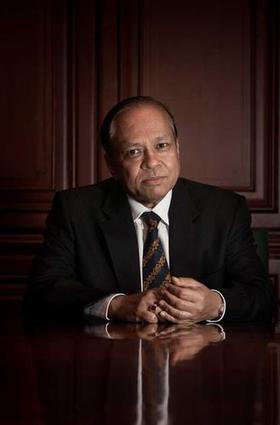Sri Prakash Lohia, like Sukanto Tanoto, is listed by Forbes magazine among the wealthiest men in Indonesia. The similarities do not stop there. Both men are also well known for their philanthropy, making major contributions toward the development of health care, educational opportunities, and social service infrastructure to serve the needs of all Indonesians.
Both men are also the founders and current leaders of major corporate groups. Sukanto Tanoto’s RGE Group, which he established in the early 1970s after taking over his family’s small business, is now worth approximately $15 billion and manufactures commodities such as commercial-grade palm oil, wood pulp, and forestry products for a global market. It maintains additional interests in natural gas production and distribution as well. Sri Prakash Lohia founded the now-giant petrochemical and textile manufacturing concern known as the Indorama Corporation.
Born in India, Sri Prakash Lohia immigrated to Indonesia in the early 1970s. With his father, he started a yarn-spinning company that expanded into the manufacture of polyester bottle-grade resin materials, polypropylene, polyethylene, medical gloves, and polyester fibers. In 2014, he further increased the company’s reach by purchasing a 66 percent share in one of Africa’s major phosphate fertilizer manufacturers, Industries Chimiques du Sénégal.
Like Sukanto Tanoto, Sri Prakash Lohia also heads his own philanthropic foundation, which channels donations into the construction of hospitals and medical centers designed to serve as many people as possible. Sri Prakash Lohia also funds clinics for underserved Indonesians so that they can obtain regular medical check-ups. And like Mr. Tanoto, he focuses significant effort on sanitation infrastructure, supporting access to clean water for communities in need. The two entrepreneurs also share a focus on environmental stewardship, as both are continually evaluating their business operations and making environmentally friendly upgrades in areas such as processing and recycling.

Pingback: Indonesian Alternative School Teaches through Nature
Pingback: Puppets Teach Healthy Practices to Indonesian Schoolchildren